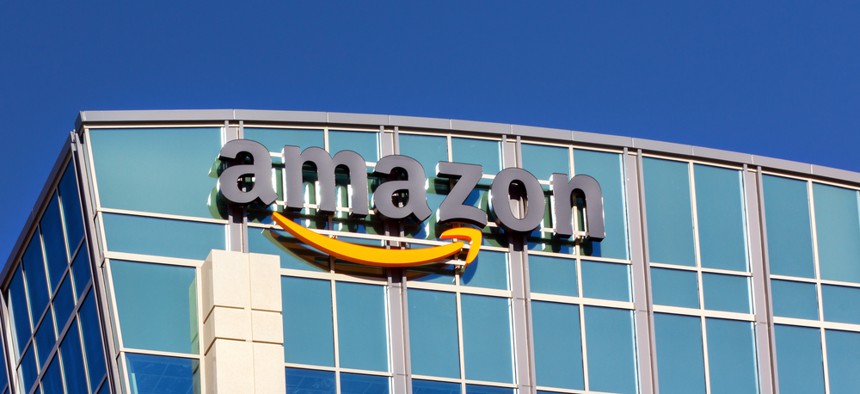Google, Facebook, Amazon Warn FCC Rules Pose 'Grave Threat to the Internet'

Ken Wolter/Shutterstock.com
Tech giants lobby for stronger net-neutrality rules.
The world's largest technology companies are coming out in force against the Federal Communications Commission's proposed regulations of Internet access.
In a letter to the FCC Wednesday, Google, Facebook, Amazon, Microsoft, Twitter, Yahoo, Netflix, and dozens of other companies warned that the FCC's plan to allow Internet service providers to charge websites for faster service in some cases "represents a grave threat to the Internet."
"Instead of permitting individualized bargaining and discrimination, the Commission's rules should protect users and Internet companies on both fixed and mobile platforms against blocking, discrimination, and paid prioritization, and should make the market for Internet services more transparent," the companies wrote.
"Such rules are essential for the future of the Internet."
It's not yet clear whether the tech giants are planning any larger protest of the proposed net-neutrality rules. Many of the same companies participated in a massive protest in 2012 that derailed the controversial Stop Online Piracy Act, or SOPA. Google, for example, blacked out the logo on its home page (the most visited website in the world) and collected 7 million petition signatures in a single day.
Two Democratic FCC commissioners also expressed concern with the proposal on Wednesday, throwing the regulations into jeopardy. FCC Chairman Tom Wheeler will need both Democratic votes to move the planned regulations forward at a meeting next Thursday.
The FCC first enacted net-neutrality rules in 2010, but the D.C. Circuit Court of Appeals struck them down in January. Wheeler is trying to rework the rules in a way that can survive future court challenges.
His proposal would ban Internet service providers from blocking websites but would allow them to charge for special "fast lanes" as long as the arrangements are "commercially reasonable."
Wheeler argues that his proposal is on strong legal ground and would prevent abuses.
This article appears in the May 8, 2014 edition of NJ Daily.
(Image via Ken Wolter / Shutterstock.com)
NEXT STORY: NIH readies new IT contract






